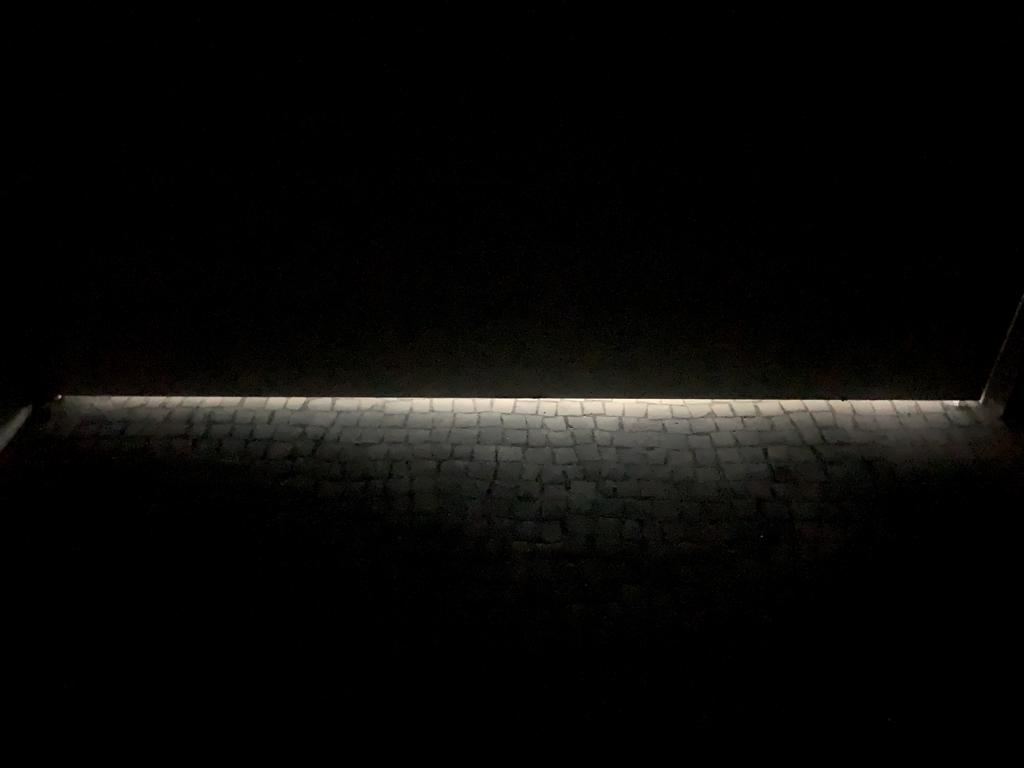Interested in exploring the notions of collectiveness and inhabitation breaking away from its traditional paths that are often dictated by homogeneity and monetary criteria, I came to encounter Josefa. A place that I view and recognize as one positioning and reflecting on our existence as being all migrants settling in the world as passers-by with unique identities and thereby considering inhabitation besides a solely functional and material side.
My trajectory as a researcher in architecture guided me to enter the threshold of Josefa. However, my relationship with it was composed and is still breading into becoming much more than that as other facets of my personal identity are mingled and touched upon making me viewing myself as a resident of Josefa House as well.
Through my living experience in Josefa House, passing by and residing multiple moments every week my personal identity crosses paths and experiences with multiple unities, humans and non-humans that are forming and are formed by the house through their interaction with it. Moments of sharing of food, use of spaces and direct engagement with activities are all signs of inhabiting and residing in-place. Nonetheless, is not only that, as exchange of thoughts and dialogues with others, pre-existing forms and ruins of the past, traces and sounds in Josefa House announcing the presence of other, even the action of living in the void of non-actions are equally ways that someone settles and co-habits a place.
As I believe, that is what became more apparent and put in a perspective in me. How inhabitation is an ever-ending transformative process rather than a static act where each one experiences on its own personal manner its co-habitation and collective sharing of the experience of the world.
Katerina


